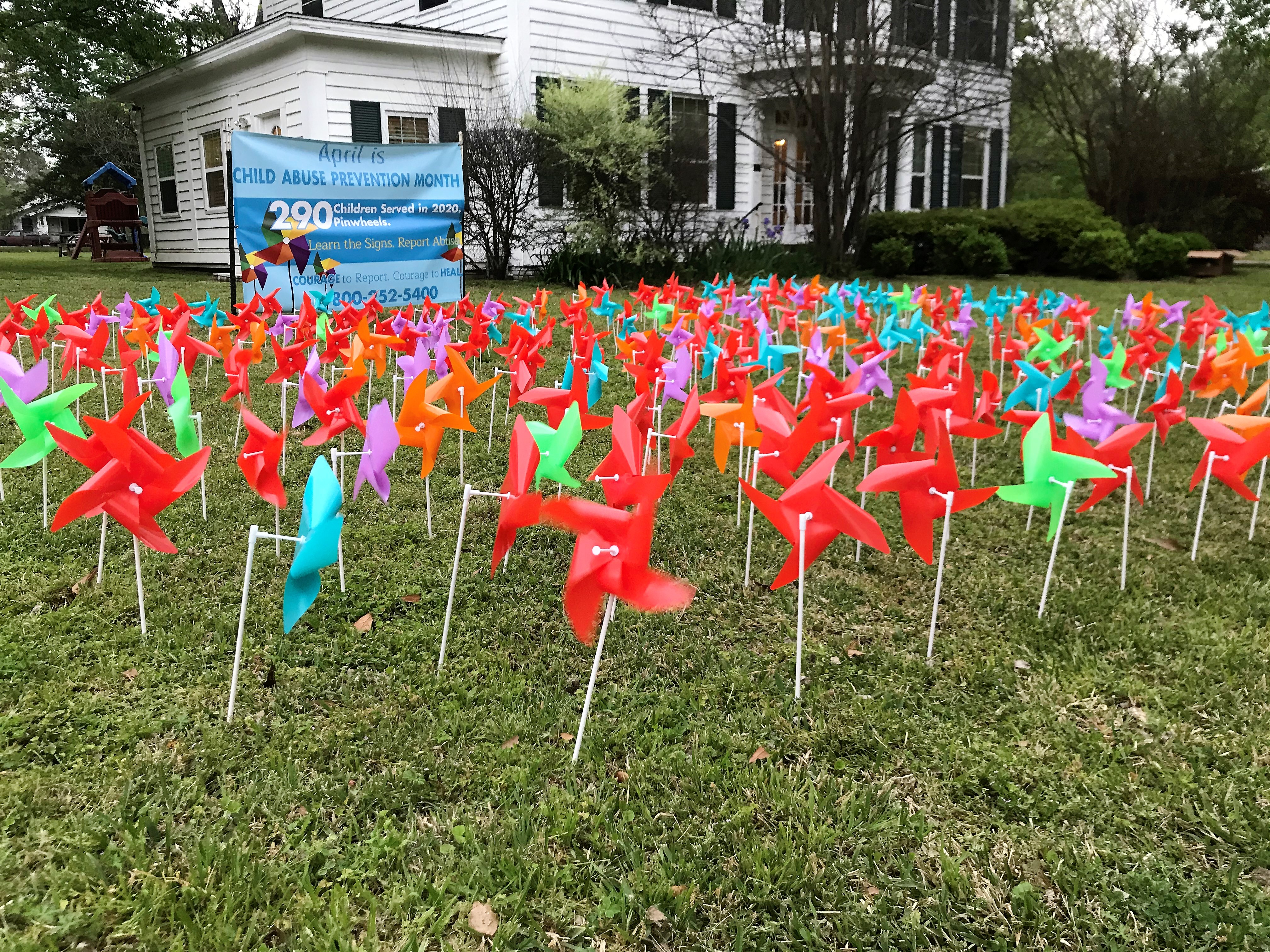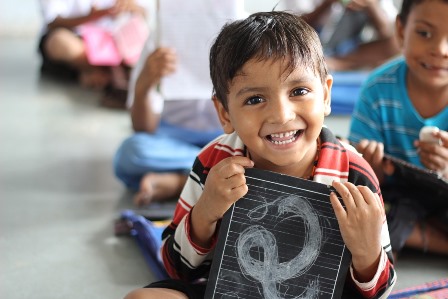The following are signs commonly associated with abuse, but they are not absolutes. This list is not a checklist but a guide to help us identify abuse when it is present.
Physical Abuse
- Frequent injuries that are unexplained and/or when the child or parent cannot adequately explain their causes such as: bruises, cuts, black eyes, fractures, burns
- Burns or bruises in an unusual pattern that may indicate the use of an instrument
- Lack of reaction to pain Injuries that appear after the child has not been seen for several days
- Evidence of delayed or inappropriate treatment for injuries Injuries involve the face, backs of hands, buttocks, genital area, abdomen, back, or sides of the body
- Frequent complaints of pain without obvious injury
- Complaints of soreness or uncomfortable when moving Aggressive, disruptive and destructive or self-destructive behavior
- Passive, withdrawn, emotionless behavior
- Fear of going home or seeing parents
Neglect
- Obvious malnourishment or inadequate nutrition
- Lack of personal cleanliness
- Torn and/or dirty clothes
- Need for glasses, dental care or other unattended medical attention
- Consistent hunger, stealing or begging for food
- Distended stomach, emaciated
- Lack of supervision for long periods of time
- Frequent absence or tardiness from school
- Regularly displays fatigue or listlessness or falls asleep in class
- Reports that no caretaker is at home
- Self-destructive behavior
- Extreme loneliness and need for affection
Emotional Abuse
- Speech disorders
- Delayed physical development
- Substance abuse
- Habit disorders (sucking, rocking, biting)
- Antisocial, destructive behaviors
- Delinquent behaviors (especially adolescents)
- Developmentally delayed
Sexual Abuse
- Torn, stained or bloody underclothing
- Pain, swelling or itching in genital area
- Difficulty walking or sitting
- Excessive seductiveness, inappropriate sex play or premature understanding of sex
- Role reversal, overly concerned for siblings
- Significant weight change
- Suicide attempts (especially adolescents)
- Threatened by physical contact, closeness
- Extreme fear of being alone with adults especially if of a particular gender
- Sudden refusal to change for gym or to participate in physical activities
- Sexual victimization of other children
- Major change in normal mood or behavior

